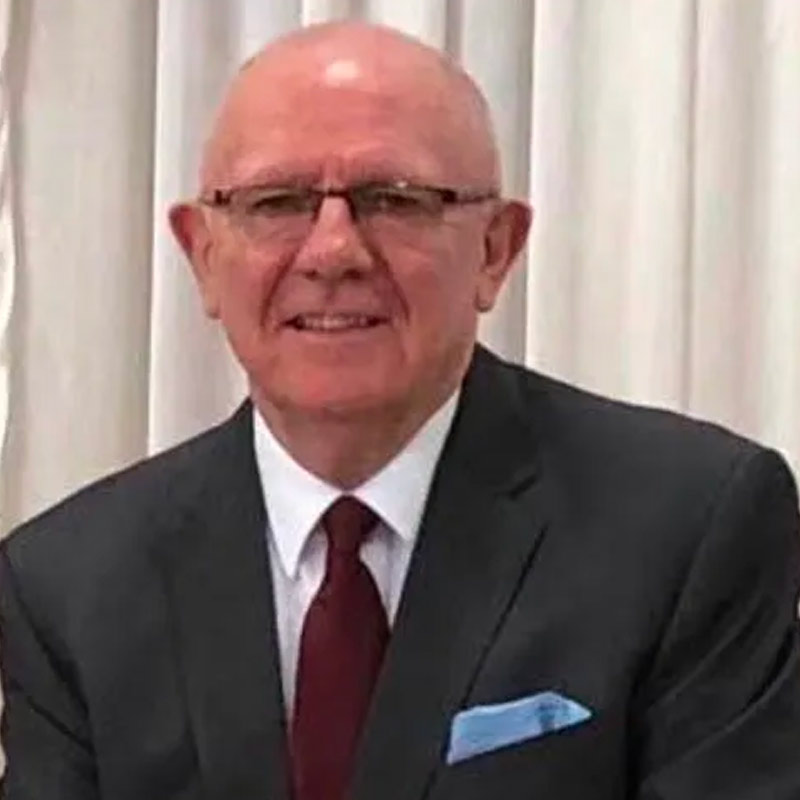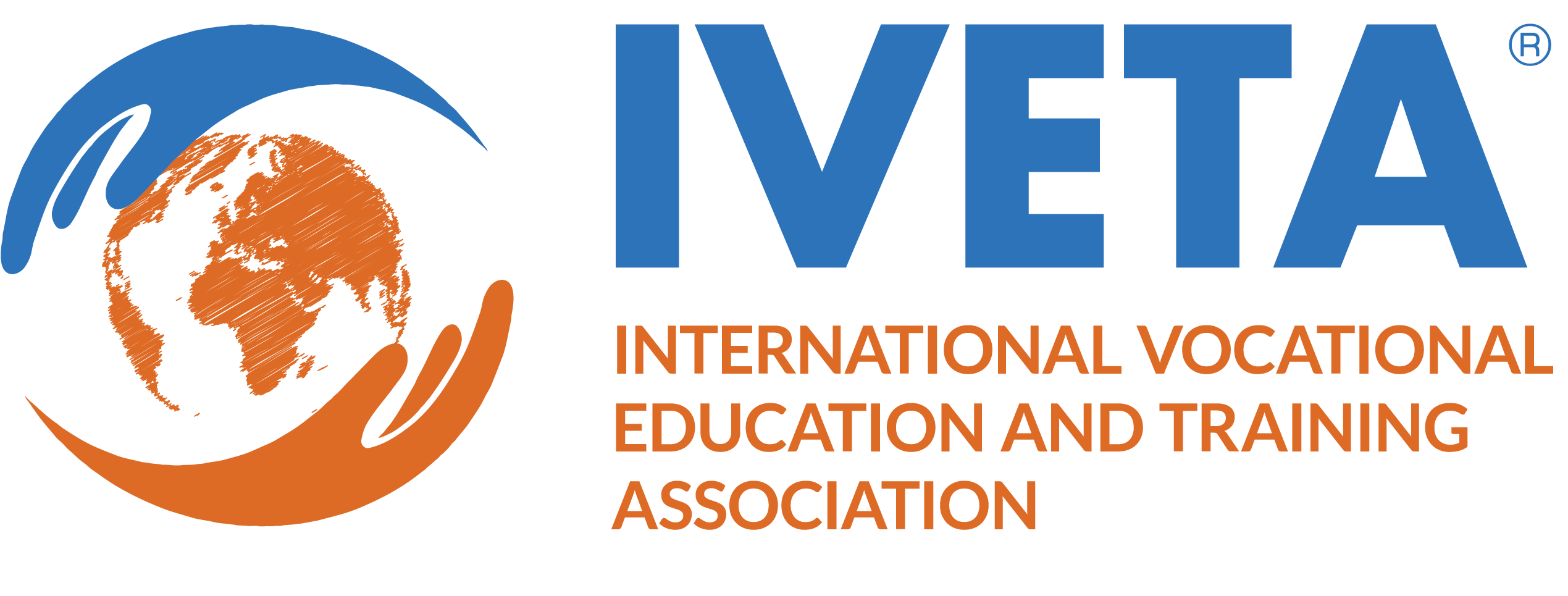
Vocational development is a lifelong journey and VET providers must prepare individuals for advanced occupational standards that have evolved from work-task based to work-process focused.
In a globalised economy, with complex production processes that spread beyond national borders, countries GDP depends, among other parameters, on its capacity to add value to the production chain. Consequently, highly skilled workers are needed in the workforce of a country that wants to take a share of those high valuable and most profitable processes.
The need to develop more highly skilled workers is a constant challenge for every nation's Government, to raise its economy, support social equality and provide better work opportunities for its population. But, what constitutes a highly skilled worker for today's industrial environment? The world of work has changed since the introduction of cyber-physical systems, and today's highly skilled workers must not only be competent in performing specific tasks, but must also have a broader understanding of work-processes.
- Korea,Dem.Rep.
- New Zealand
- Tuvalu
- Kiribati Palau
- Tonga
- Papua New Guinea
- Vanuatu
- Japan
- Lao PDR
- Philippines
- Vietnam

Dr Maurice Dimmock
Position or Title: Senior Institutional Capacity Building & TVET Consultant
Dr Mauricehave been a member of IVETA for the past 10 years, being VP for Europe for the past 2 years. I have now moved to Thailand where I am working with the Ministry of Vocational Education as a consultant to develop further their TVET programs and develop international TVET partnerships. I am also developing a portfolio of Exhibition and Conference development and Management. The next one being for the ASIAN Enclave on November 8th and 9th.
Brief Bio:
Dr Maurice Dimmock has had a wealth
of experience in the education industry. After two decades of working in
educational institutions including the University of Northumbria, he became the
managing director of QISAN in 1999 and Founded and Chaired ASIC from 2005 till
2023.He founded ASIC in 2005 to provide accreditation services to institutions
around the world. Other achievements include setting up all Northumbria
Universities partnership programs worldwide; instigating the 3+0 programs in
Malaysia in cooperation with the Ministry of Education in Malaysia; chairing
the Development team to set up the British Malaysian Institute in Malaysia; and
winning over £32 million in World Bank projects.

East Asia and the Pacific

